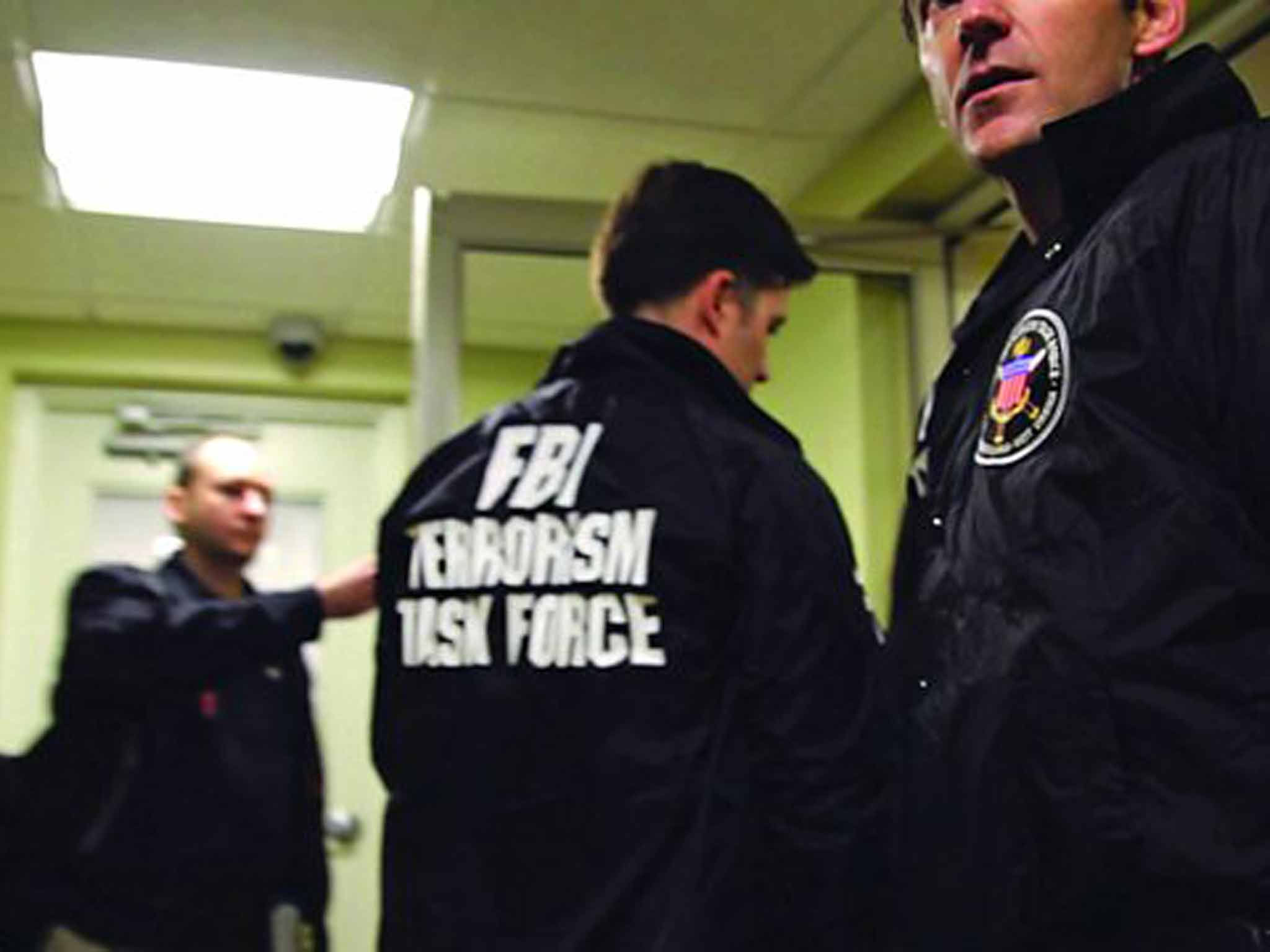Storyville: FBI Undercover, BBC4 - TV review: There is no perfect solution in these difficult times
It was hard not to make comparisons with Showtime drama Homeland

Your support helps us to tell the story
From reproductive rights to climate change to Big Tech, The Independent is on the ground when the story is developing. Whether it's investigating the financials of Elon Musk's pro-Trump PAC or producing our latest documentary, 'The A Word', which shines a light on the American women fighting for reproductive rights, we know how important it is to parse out the facts from the messaging.
At such a critical moment in US history, we need reporters on the ground. Your donation allows us to keep sending journalists to speak to both sides of the story.
The Independent is trusted by Americans across the entire political spectrum. And unlike many other quality news outlets, we choose not to lock Americans out of our reporting and analysis with paywalls. We believe quality journalism should be available to everyone, paid for by those who can afford it.
Your support makes all the difference.Storyville: FBI Undercover's creators had impressive access to the mechanics of a security organisation, but without consent. The result was a tense, gripping 90 minutes that left a feeling of unease.
Cameras followed Saeed “Shariff” Torres, a 63-year-old Muslim Black Panther activist-turned FBI informant dispatched to Pittsburgh to befriend Khalifah al-Akili, suspected of engaging in terrorist activity. Shariff said he was in it for money (a six-figure sum) and didn't tell the FBI that he was letting film-makers in. Uncooperative and argumentative, he was not a sympathetic subject. There were glimmers of positivity – a love of baking and devotion to his son –but he appeared disillusioned with the very organisation that gave him purpose.
In the place of narration, were text exchanges between al-Akili, Torres and the FBI. It was hard not to make comparisons with Showtime drama Homeland, which sees the FBI and informants blundering in a bid to infiltrate terrorist organisations. At one point, Torres attempted to engage al-Akili in a conservation about the programme, a move that contributed to blowing his cover. After al-Akili posted his suspicions on Facebook, he, too, became part of the film.
In the end, all felt let down by the system. Al-Akili was in prison on a firearms charge, Torres was back with his family but unemployed and depressed, and the FBI refused to comment. If anything, it crystallised a point: there is no perfect solution in these difficult times.
Join our commenting forum
Join thought-provoking conversations, follow other Independent readers and see their replies
Comments